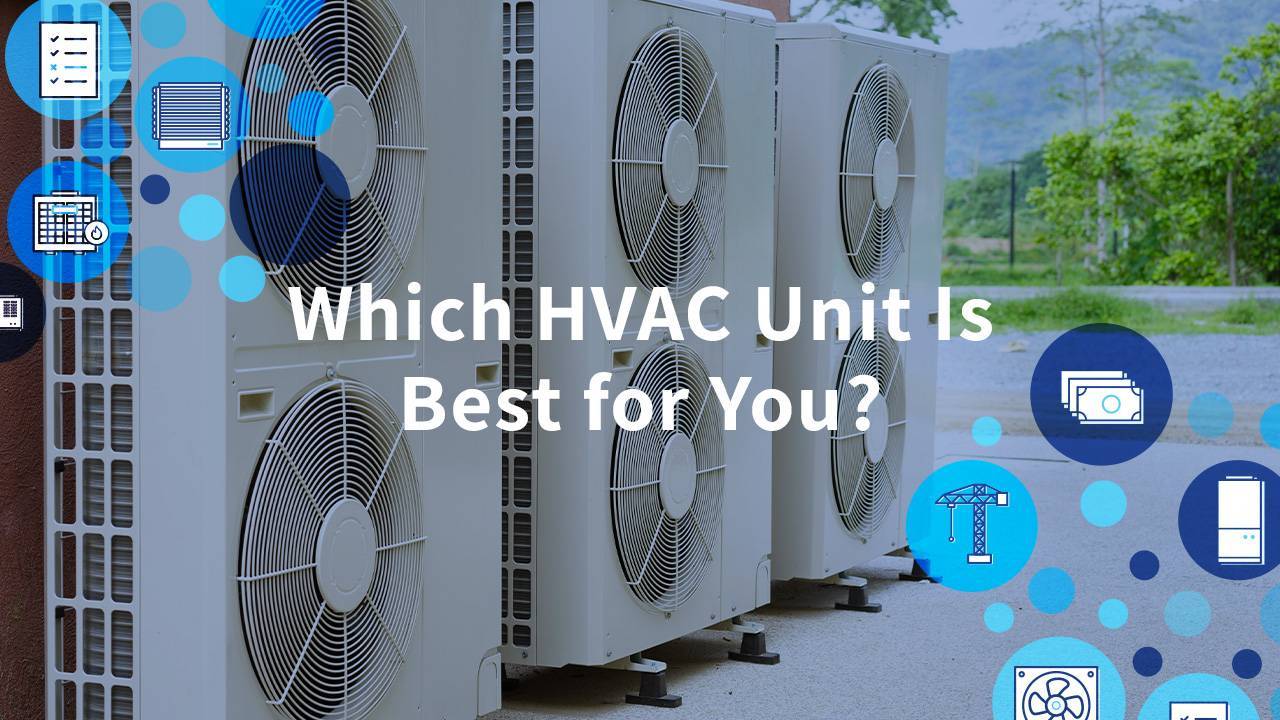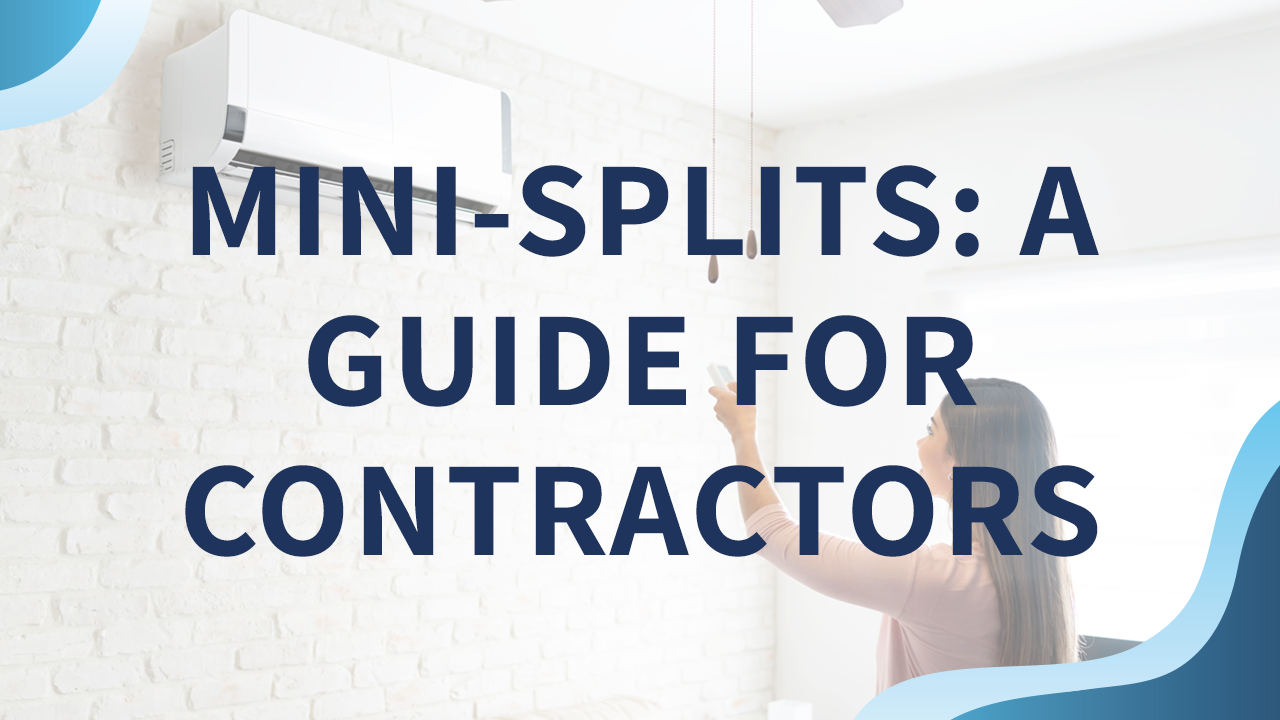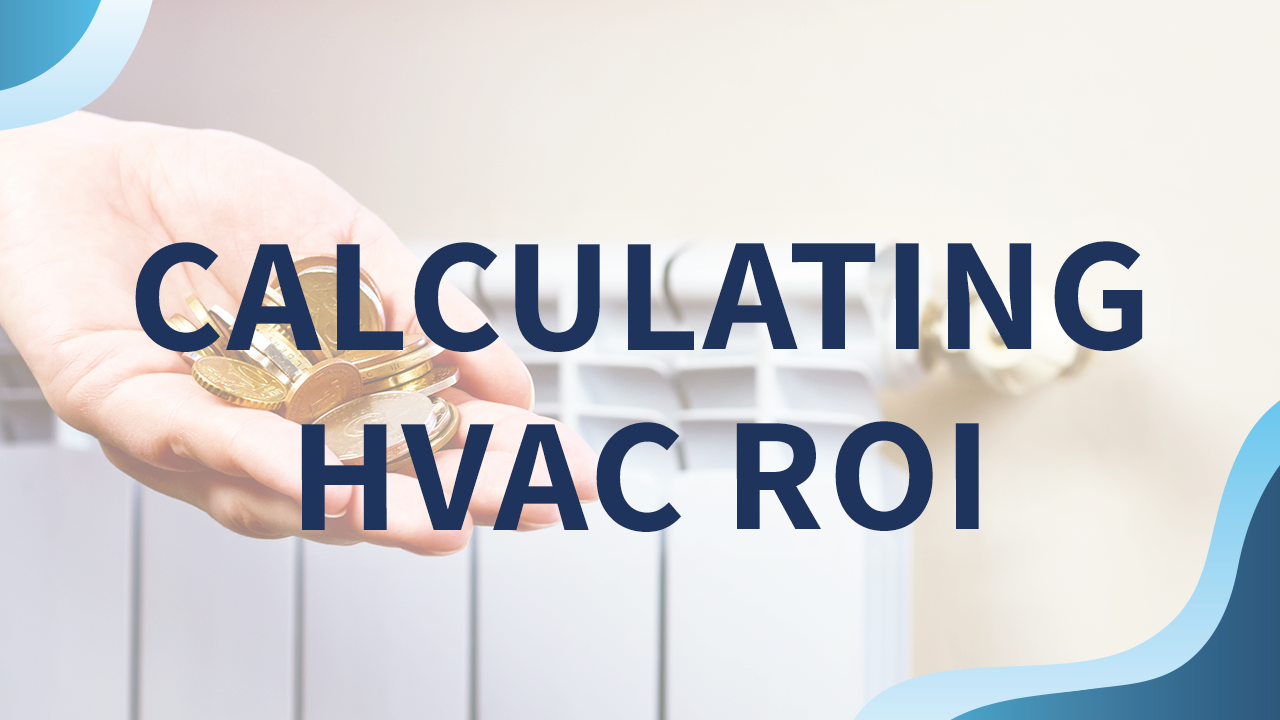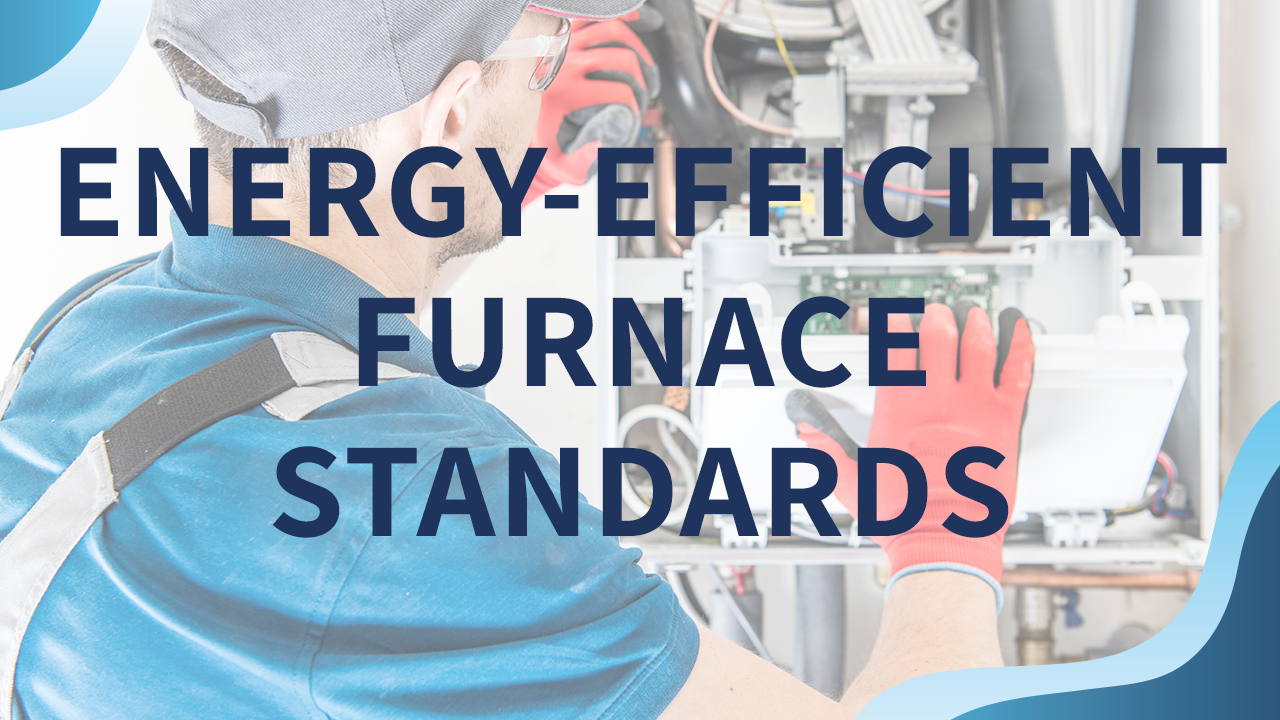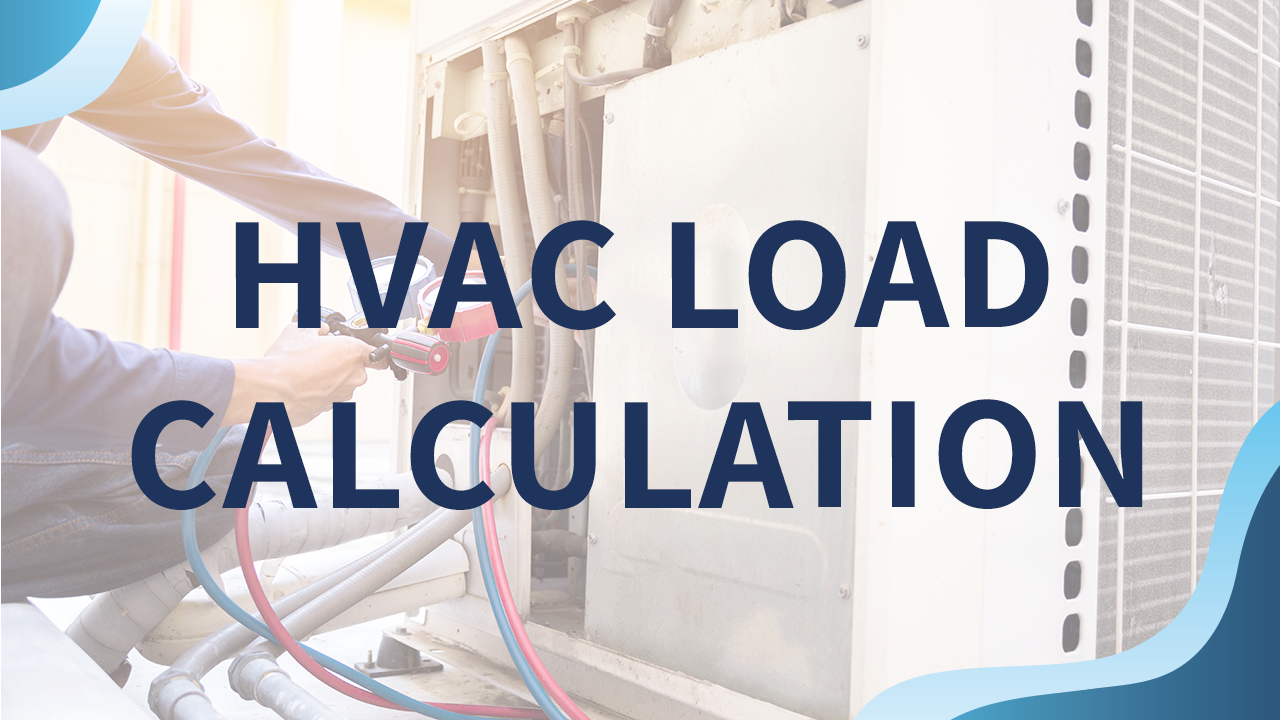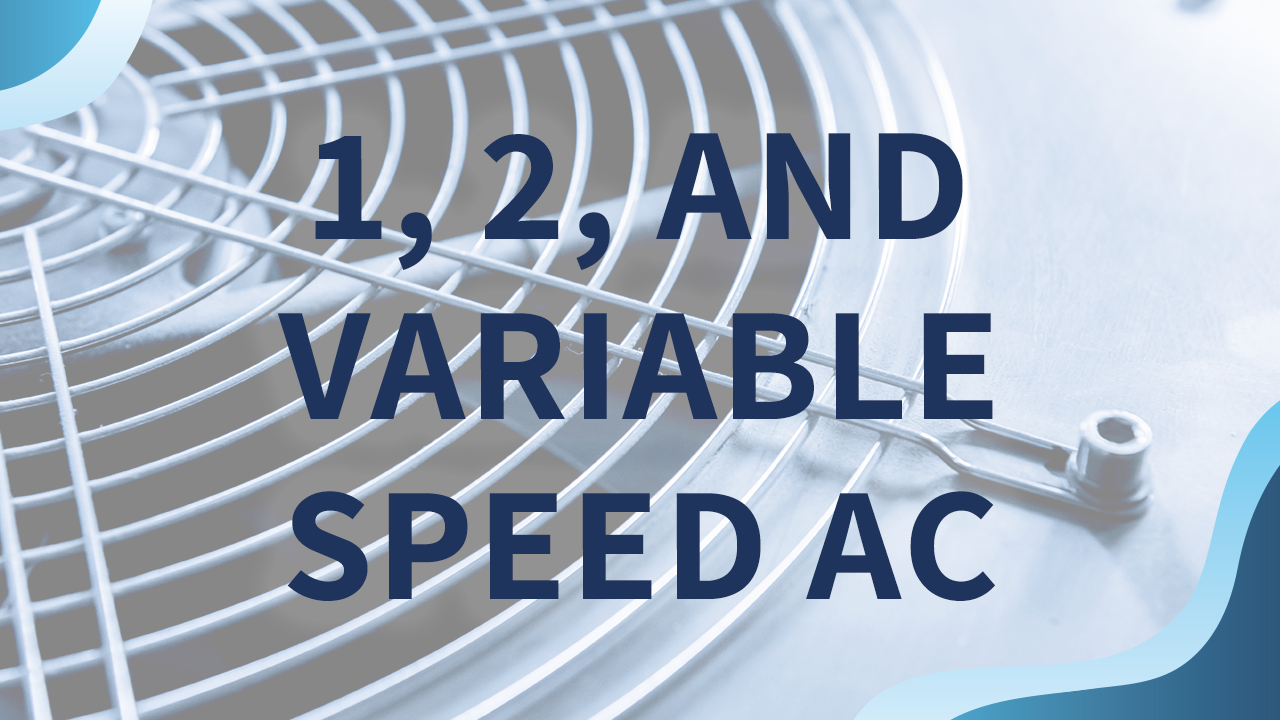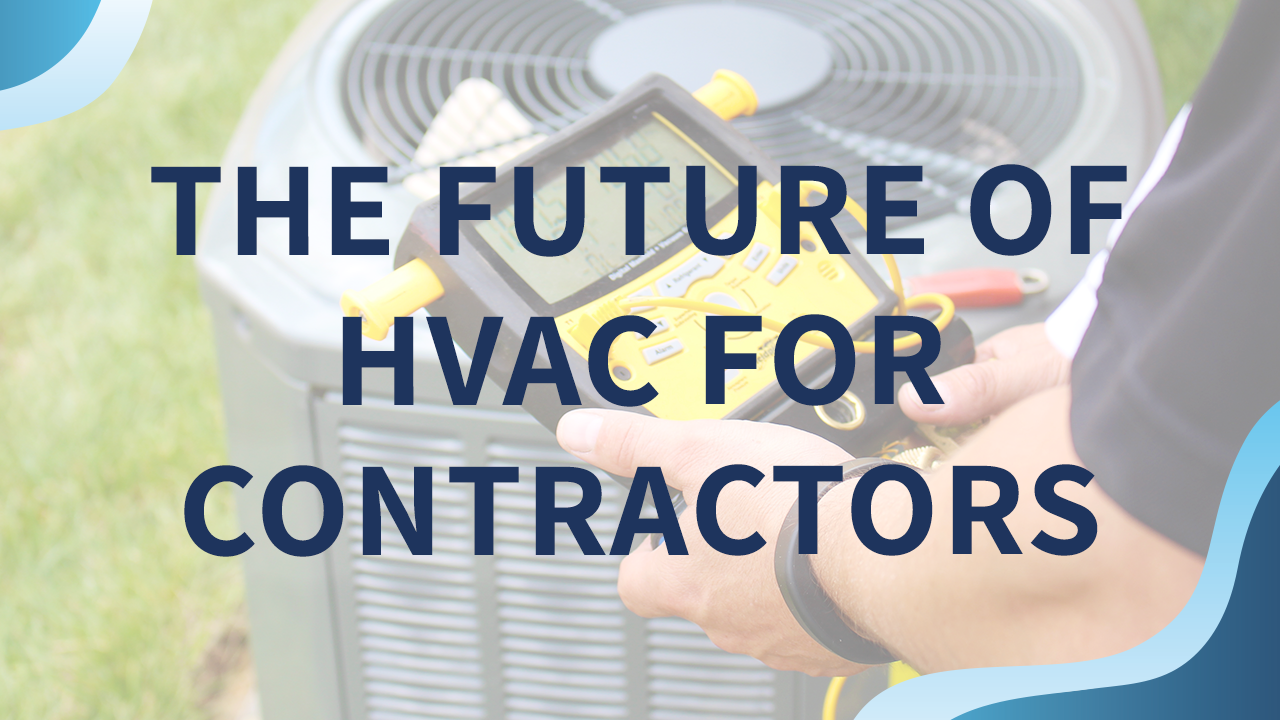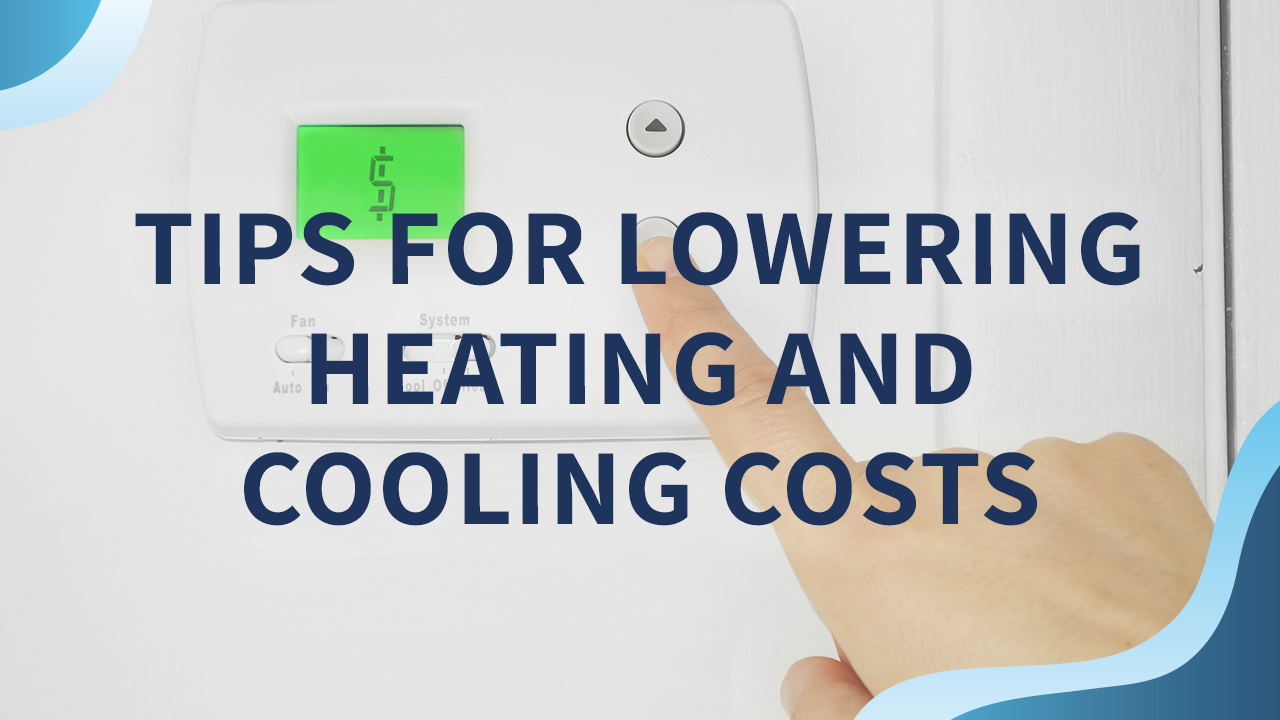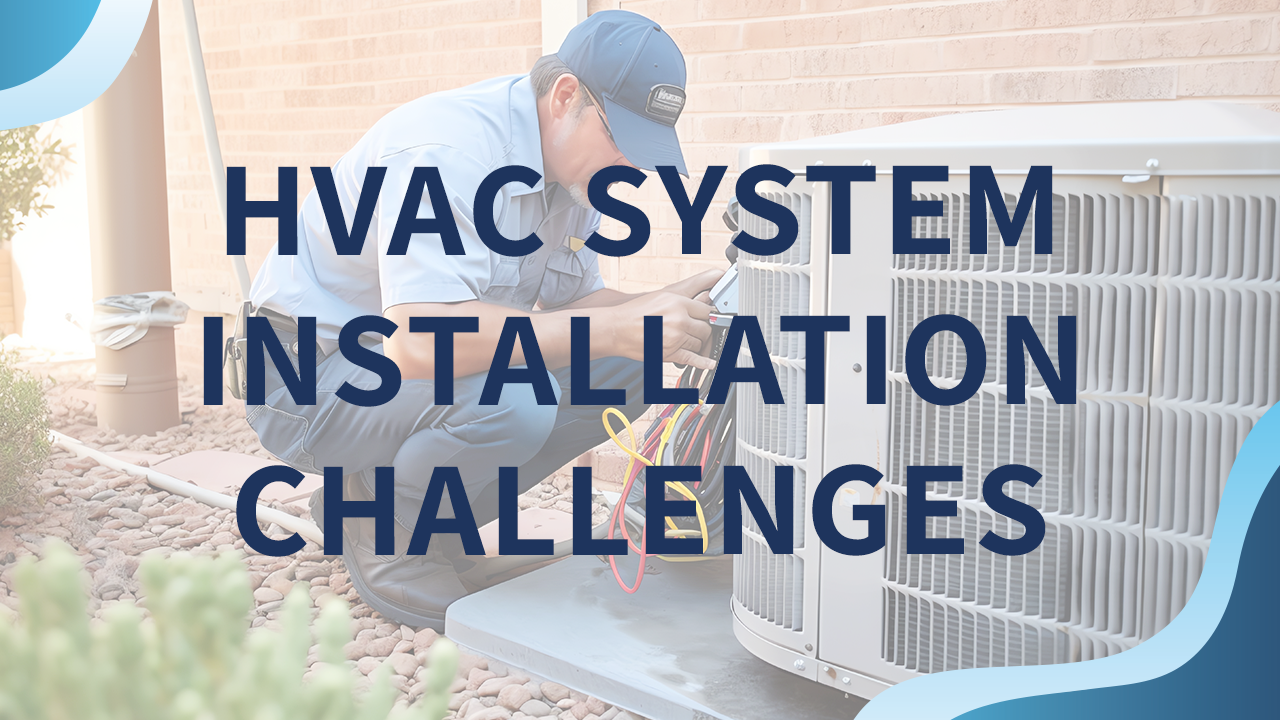Is it time to choose an HVAC system for your property? There are plenty of factors to consider when installing a new HVAC system for a single-family home, multifamily residence, or commercial property.
Should you choose the wrong HVAC system, you likely will end up with a host of efficiency issues, costing you money and comfort through the lifetime of the equipment.
“A variety of HVAC types are available to suit different needs and preferences. So which HVAC unit is best for you?”
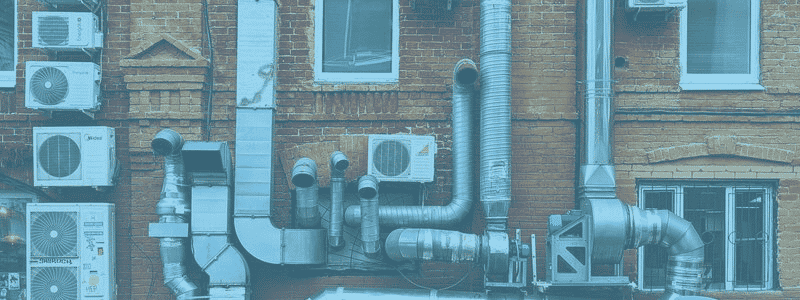

What Is an HVAC System?
HVAC stands for Heating, Ventilation, and Air Conditioning; it refers to the technology for regulating the atmosphere in a house. HVAC systems allow occupants to have adequate control over a space’s heating and cooling temperatures. The names also know them of some standard components:
- Ductless air conditioning units
- Boilers
- Central air conditioners
- Heat pumps or furnaces
Types of HVAC Systems
Which AC unit is the most reliable? While an assortment of options is available, each with its features, most HVAC systems fall into the following five categories:
1) Split Systems
Split systems are just as their name implies: HVAC systems are split between two central units, one for cooling and the other for heating. This is the most common type of HVAC system.
Split HVAC systems typically consist of an air conditioner and a furnace. Still, a system split between a heat pump and an air handler might be the best choice in warm climate regions that don’t experience freezing temperatures.
Split HVAC systems are efficient and cost-effective compared to many other options. In addition, if you already have an existing duct system, you can easily replace the system with little or no modifications. On the other hand, forced air systems aren’t always the best choice for residents with airborne allergies as they can disperse dust and allergens throughout a home.
2) Hybrid Systems
Hybrid systems are advanced split systems with improved energy efficiency thanks to their hybrid-electric heater system.
The systems are great in climates where property owners and residents want to control their home’s temperature during colder months.
Hybrid systems are popular HVAC choices because not only are they energy efficient, but they also have a more effective heating capacity compared to other systems.
Forced air systems, however, have been known to spread dust, allergens, and odors around a home. The plans also require the expense of ductwork if it’s not already in place. While hybrid systems can cost more upfront, the energy savings can add up quickly and pay off in the long term.
3) Ductless Systems
Ductless systems are composed of an outdoor air conditioning unit for cooling and a heat pump for both heating and cooling.
These systems are available for homes that do not or cannot have ducts and conventional HVAC systems.
A ductless system can consist of multiple units inside each room that the property owner would like to heat and cool. Known as mini-split units, these devices are mounted to walls and connected to a central compressor outside the building.
While mini-split systems can cost more upfront, they are also easier to install than a traditional central AC system. In addition to ductless buildings, these systems are also popular choices for those who want to heat or cool one specific room.
4) Packaged Systems
Packaged systems combine heating and cooling functions in a single unit.
These HVAC systems are usually installed outdoors and are generally found in buildings without basements. In addition, packaged HVAC systems are often installed on top floors and attics.
Packaged units are more common in areas with warmer climates as their heat is electrically generated and falls short when compared to heat pumps in colder regions. Some advanced package units, however, offer more efficient heating options.
5) Geothermal Heat Pump Systems
An HVAC system increasing in popularity is the geothermal heat pump system, which circulates water in underground pipes, employing the Earth’s stable temperatures to heat and cool a building.
When heating, a geothermal heat pump’s refrigerant absorbs heat from the ground more efficiently. While cooling, on the other hand, the heat is dumped into the environment to maintain even temperatures. The energy efficiency makes geothermal heat pumps a top choice among environmentalists.
Because geothermal heat pump systems are so energy-efficient, the cost to operate them is meager compared to other HVAC options. Still, of course, the upfront cost for equipment is significantly higher. However, property owners who plan to maintain ownership or residence for longer than ten years can recoup those extra costs and save money on energy in the long run.


Which AC unit is the most reliable?
Choosing the best and most reliable HVAC for your property is no simple task, and various considerations must be considered. While a professional HVAC contractor can help walk you through the process, property owners should remember the following advice:
- If replacing an existing HVAC system, professionals often recommend opting for the current system type, which will reduce infrastructure costs. For example, if the current or previous system used ductwork, then it’s more cost-efficient to choose another duct system.
- Don’t forget to consider your local climate when choosing an HVAC system. Some systems, like a heat pump or split system, are the most cost-effective for warmer climate areas. At the same time, colder regions might gain more efficiency with a traditional gas furnace or even a hybrid system.
- What is your efficiency goal? Remember, an ultra-efficient geothermal system might offer the most energy efficiency. Still, property owners must weigh the extra cost against how long they plan to stay in the property to take advantage of the savings.
- Many property owners mistake choosing an HVAC system too large for their home. However, it’s vital to select the appropriately sized HVAC system. When capacity is too big, the results will not be the increased efficiency the property owner hoped for. Instead, it will lead to excessive condensation, mold, rot, and decreased comfort.
- When choosing the right size of HVAC system for your property, a professional HVAC contractor can help you calculate the load of your home. A building’s pack is based not only on its square footage but also on building construction, insulation quality, orientation to the sun, and the number, size, and placement of rooms, windows, and doors.
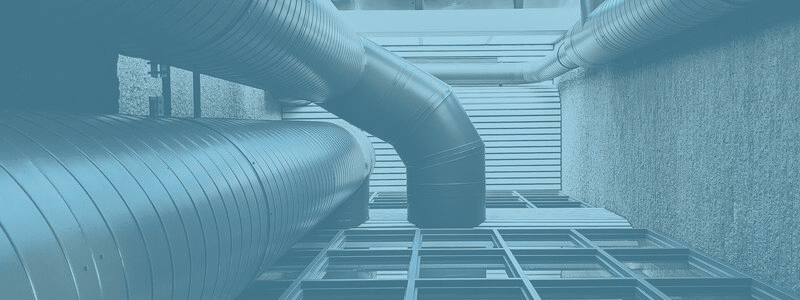

Factors to Consider at the Time to Choose the Best HVAC System
Efficiency
Heating, ventilation, and air conditioning systems have improved over the years. Nowadays, there are rating systems that determine their efficiency. For example, look at system ratings such as Seasonal Energy Efficiency Ratio (SEER), HSPF, AFUE, and EER.
Capacity
An HVAC system must have the ability to cool as well as heat your home’s spaces in an efficient manner.
Programmable Thermostat Compatibility
You should ensure your new HVAC system is compatible with modern, programmable thermostats so that you can control the heating and cooling of your space from anywhere.
Maintenance requirements
Heating, ventilation, and air conditioning (HVAC) systems need regular maintenance for optimum performance, so buy a low-maintenance, cost-effective system. In addition, you should have a service plan that combines regular inspections with discounts on repairs and a labor warranty in the overall price.
